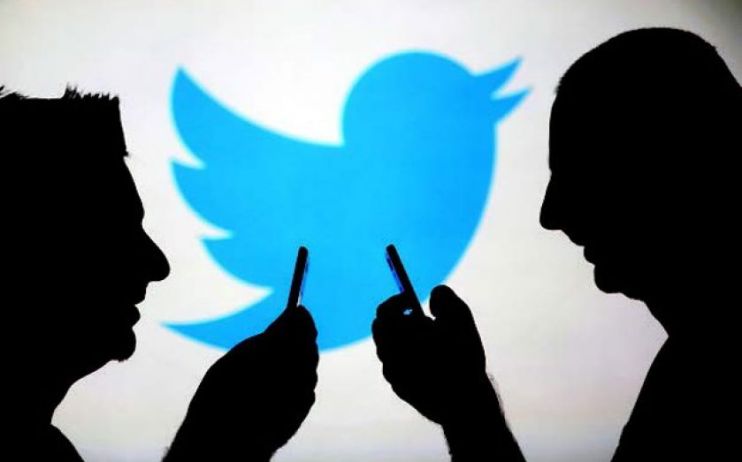It’s time to self-isolate from social media’s armchair experts

You can tell whether a news story is really, properly serious by the degree to which people develop instant expertise.
Back in 2008, all sorts of people who didn’t know an asset from a debt suddenly started holding forth confidently about balance sheet liabilities and CDO-Squareds.
A few years later, in the wake of the Brexit vote, it was the arcana of trade negotiation. And now, you can’t move for impassioned, seemingly authoritative views on social distancing, school closures and whether the government is getting its handling of coronavirus right.
It is, of course, entirely understandable and legitimate for people to have an opinion on something that is literally a matter of life and death. Hence the need for ministers, and their scientific advisers, to explain their reasoning — and be open to challenge. Gone are the days, if they ever existed, when the government could say “Do this!” and millions of people would line up obediently to obey.
Yet at the same time, this crisis is showing up one of the flaws in our media economy — and especially our social media economy. We have a whole class of people — myself very much included — whose livelihoods depend on their ability to become at least superficially knowledgeable about the topic of the day.
The problem is that this same media economy has tended to punish those who are moderate, conventional or equivocal, and reward those who are counterintuitive, contrarian or provocative. The pundit whose stock answer is “Yes, on balance…” or “Actually, it’s a bit more complicated than that…” tends to find him- or herself rapidly removed from producers’ speed-dials, and find it far harder to assemble a loyal tribe of Twitter followers behind them.
As a result, the debates we are having aren’t just between Tory and Labour, Leave and Remain, but between the most cartoonish versions of those positions.
To their credit, the news channels are, given the sheer human gravity of the coronavirus crisis, making a concerted attempt to shed more light than heat. But online, you can see the knees itching to jerk, the professional contrarians instinctively trying to develop a counter-intuitive take.
Whatever your view on whether Britain got its initial strategy right or wrong, there is little doubt that (in the sharpest of contrasts to Donald Trump) Boris Johnson has genuinely been guided by the scientific advice.
The chief medical officer and chief scientific adviser were not simply wheeled out as press conference window dressing. Indeed, this is surely the issue of issues on which a Prime Minister does not want to be accused of overruling the experts.
This is not, of course, to say that we should simply swallow whatever policy medicine we are given by the government. Even before ministers accelerated the imposition of harsher measures, in response to the latest data, you could find plenty of epidemiologists and medical professionals expressing legitimate anxieties about their strategy.
For me, as for so many of us, this is the most important and most personal of debates. I am still recovering from a bout of pneumonia: take too deep a breath, or turn over in my sleep, and my chest will let me know it. This puts me in a higher-risk category for coronavirus than I am entirely comfortable with. Indeed, I have been specifically advised to minimise any chance of exposure as best I can.
Perhaps it’s this that has shortened my patience with the Piers Morgans, AC Graylings and Carole Cadwalladrs of the world, using Twitter to bellow and bloviate and refight old political battles.
A few years back, there was a wonderful Mitchell and Webb sketch in which two disillusioned newsreaders were forced to devote most of the programme to the views of the viewers, appealing to their audience with the immortal line: “You may not know anything about the issue, but I bet you reckon something.”
We have long been living in the age of the reckon. But now really isn’t the time for reckoning, especially when you’ve got a massive audience to reckon to. It’s okay to admit that you don’t know everything, even if we’ve all got out of the habit.
Maybe the best thing we can all do is to self-isolate from our Twitter accounts. Accept that we can’t learn a lifetime’s worth of epidemiology in a few scant days, but that we can still critically evaluate what we’re told by those who have.
Oh — and keep washing our hands.
Main image credit: Getty